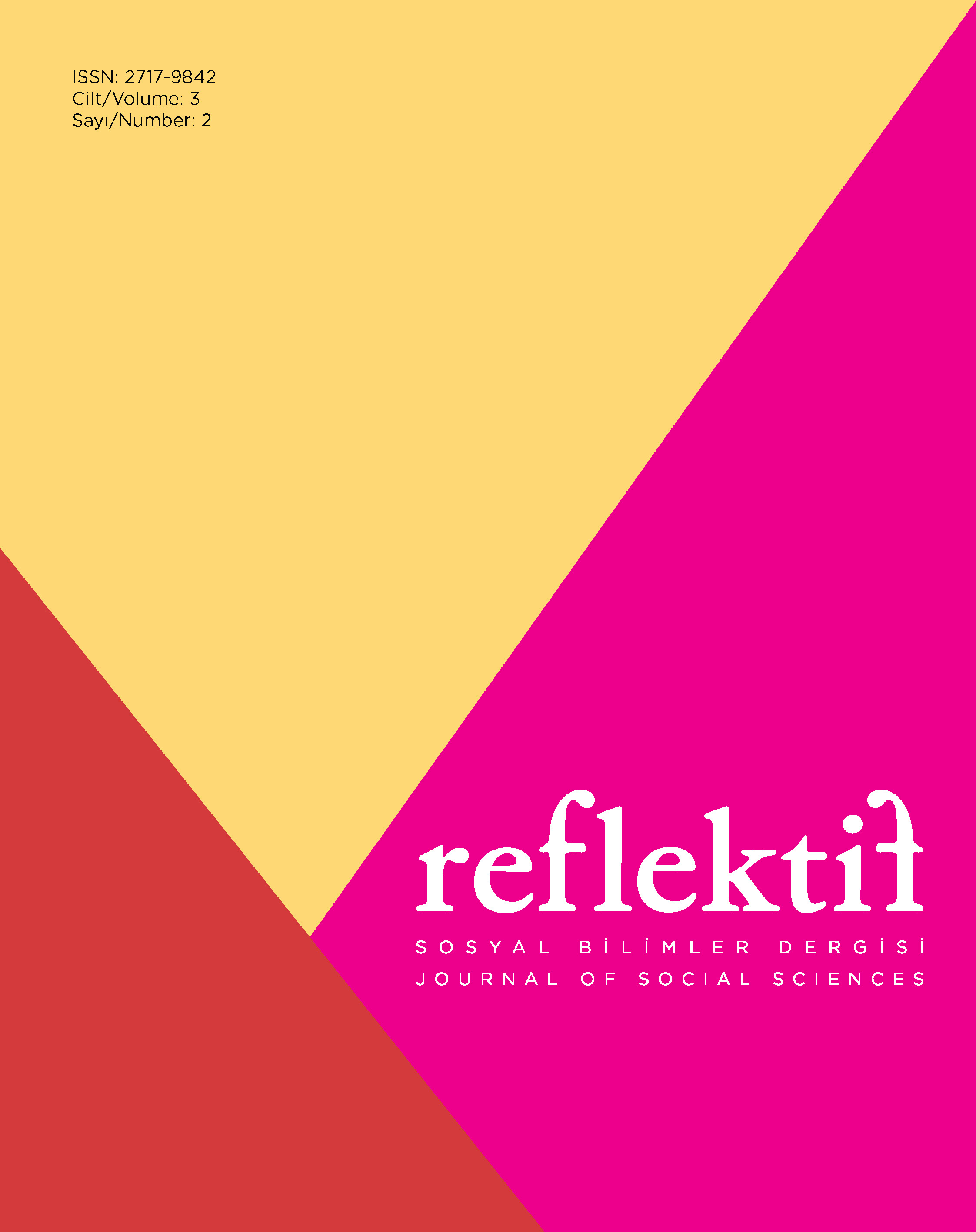An Example of an Infodemic and a Science Disinformation: Vaccine Denialism
DOI:
https://doi.org/10.47613/reflektif.2022.74Keywords:
vaccines, anti-vaccination movement, medical misinformation, consipiracy theories, vaccine safety, vaccine hesitancyAbstract
Even though “anti-vaccination” views are not new, the abundance of misinformation regarding the vaccines in the digital environment erodes the trust to vaccines even further. Vaccines have been one of the most effective measures against infections diseases, they prevented many deaths and eradicated deadly diseases in some areas. Most of the hesitancy against vaccines have no scientific background whatsoever, and these unfounded misinformative claims contribute to vaccine hesitancy further for individual and societies. Some of the main factors that leads to anti-vaccination stance or vaccine hesitancy are loss of collective memory regarding the dangers of infectious diseases, concerns around safety and efficiency of vaccines, naturalistic fallacy, mistrust in science and scientific process and conspiracy theories. Prompting questioning the logic behind the conspiracy theories might be effective against vaccine disinformation.
Downloads
Published
How to Cite
Issue
Section
License
Copyright (c) 2022 Selim Badur, Işıl Arıcan

This work is licensed under a Creative Commons Attribution-ShareAlike 4.0 International License.
All manuscripts which are submitted to the REFLEKTIF Journal of Social Sciences should not be published, accepted and submitted for publication elsewhere.
In case an article is accepted for publication it is allowed to combine the article with other researches, to conduct a new research on the article or to make different arrangements on condition that the same license is used including the commercial purpose.
As an author of an article published in REFLEKTIF Journal of Social Sciences you retain the copyright of your article and you are free to reproduce and disseminate your work.




